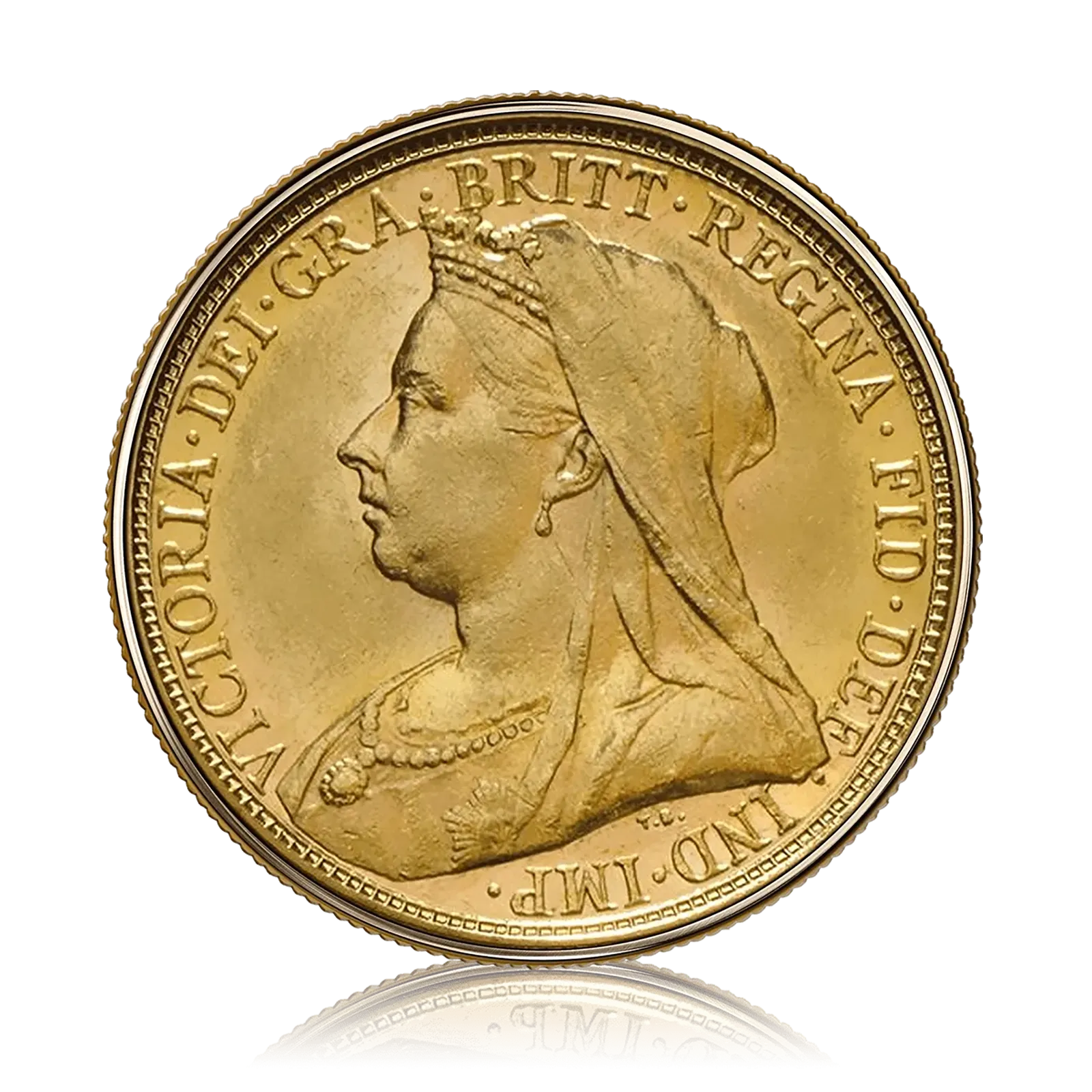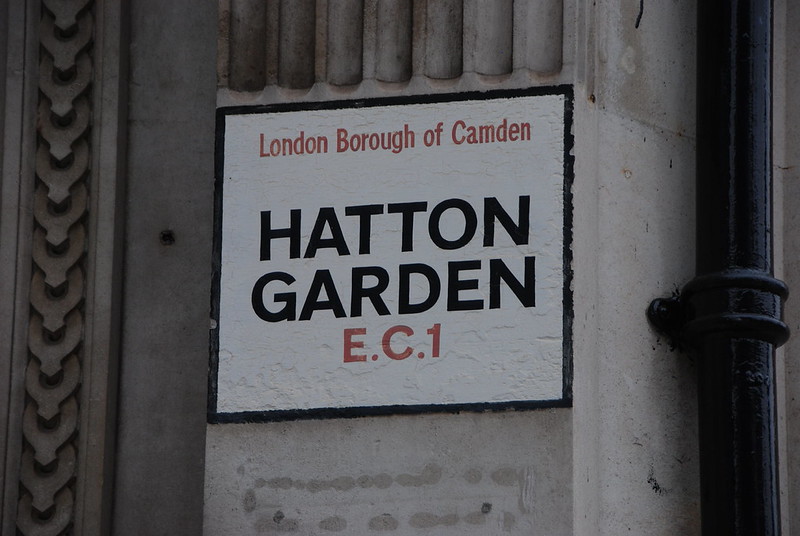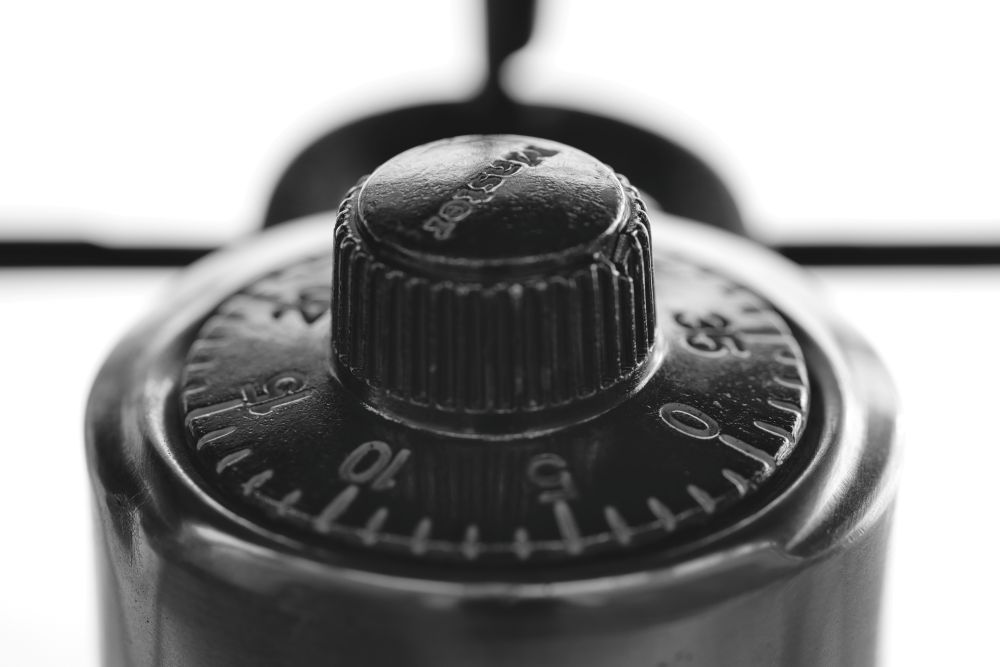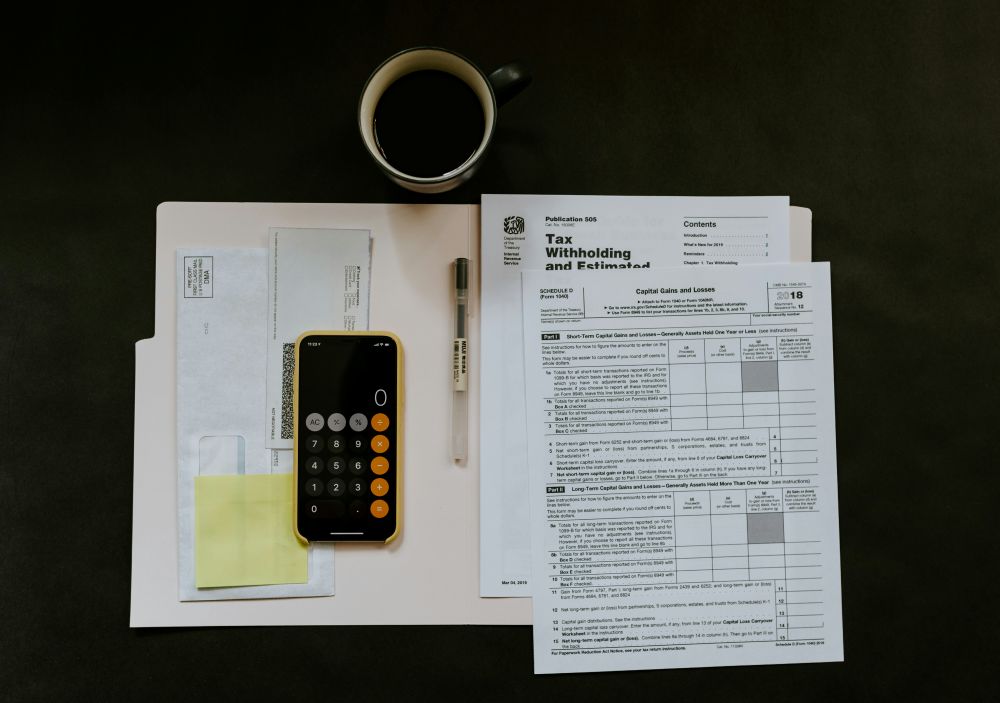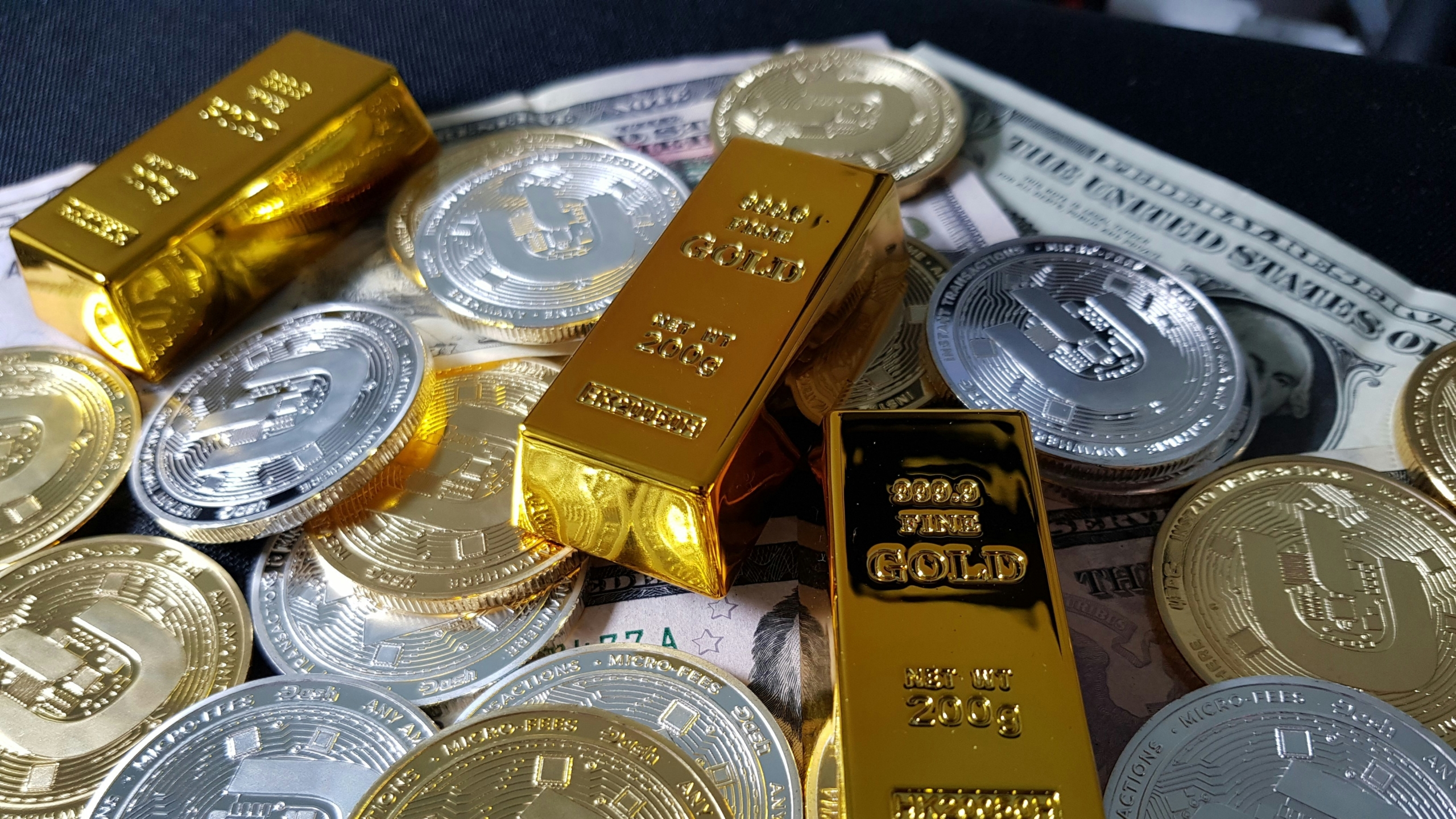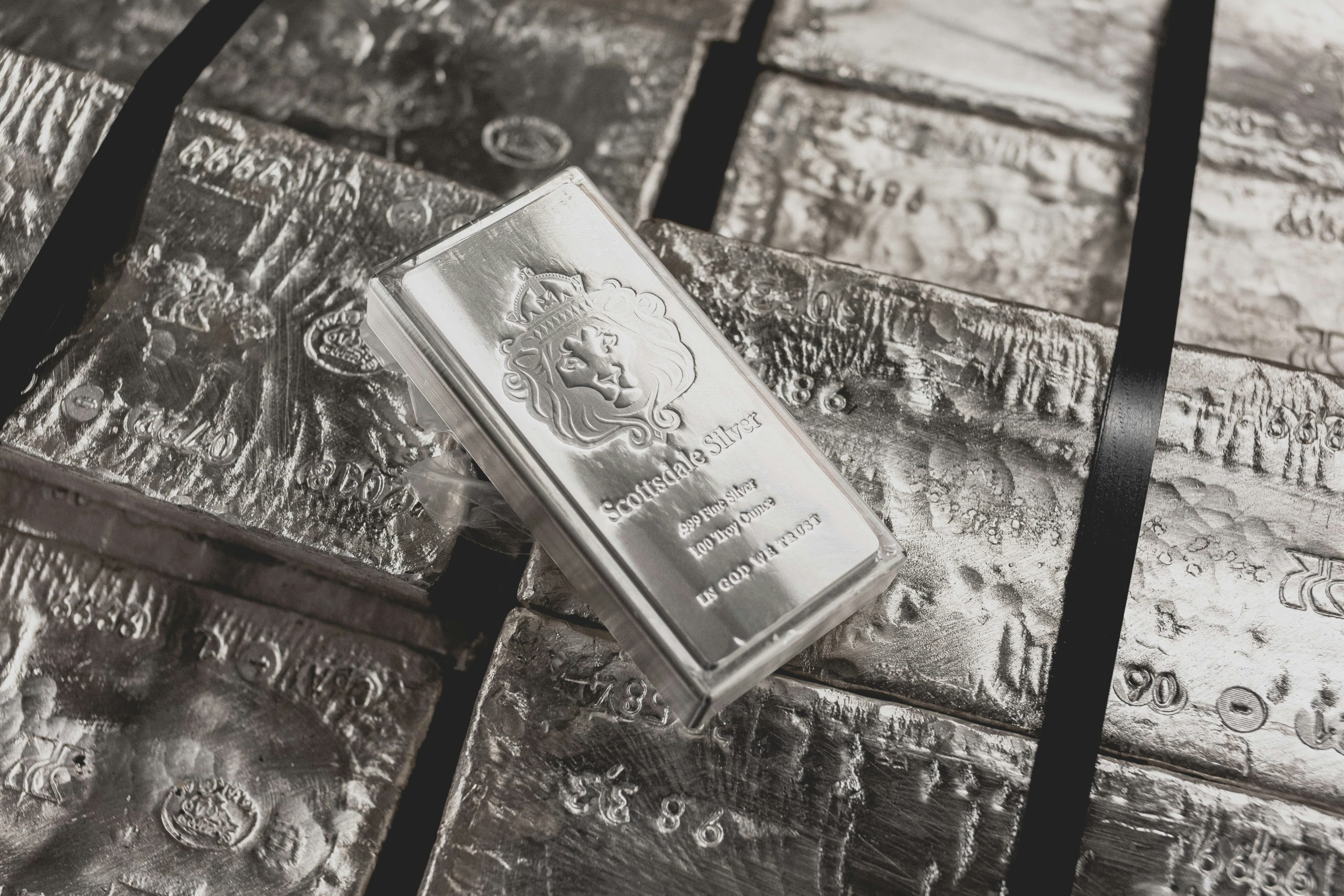When selling gold bullion, it’s important to know the current market price and the purity of your gold, as these factors directly affect how much you will get paid. Understanding the spot price of gold and ensuring your bullion is genuine and of high purity are key steps to getting a fair deal.
You should also consider the reliability of the buyer. Selling to a reputable dealer or organisation means you are more likely to get a safe and transparent transaction. Knowing the different options for selling, such as local dealers, online platforms, or auction houses, helps you choose the best route for your needs.
Before you sell, be aware of any fees or commissions that might reduce your final payout. Taking the time to research and compare offers can save you money and stress. To get started with the right knowledge, see this comprehensive guide on selling gold bullion in the UK.
Understanding Gold Bullion and Its Value
When you decide to sell gold bullion, knowing exactly what you have and how it is valued is essential. The form of gold, its purity, and weight all shape its worth in the market. Recognising these details helps you get a fair price.
Types of Gold Bullion
Gold bullion mainly comes in two forms: gold bars and gold coins. Gold bars are usually rectangular and stamped with weight, purity, and the refiner’s hallmark. They can range in size, from small 1-gram bars to large 1-kilogram bars.
Gold coins often carry legal tender status and combine collectable appeal with metal content. Popular coins include sovereigns or Krugerrands. Their value depends on both gold content and rarity.
Both bars and coins are valued for their pure gold content but differ in liquidity and price premiums. Coins may carry a small premium over bars due to their recognisable designs and ease of resale.
Factors Determining Gold Value
Gold’s price fluctuates with the global spot price of gold, which changes daily. This spot price reflects the value of pure gold per troy ounce in precious metal markets.
When selling, you should consider:
- Current spot price at the time of sale
- Dealer commissions or fees
- Condition and recognisability of your gold
Trustworthy dealers will offer prices close to the spot rate minus a small margin for their costs. Knowing market prices before you sell prevents accepting low offers.
Gold Purity, Weight, and Karat
Purity is critical for valuing bullion. It’s measured in karats or by fineness. Pure gold is 24 karats or 99.9% pure, often called ‘three nines fine’ or higher. Lower karats mean less pure gold mixed with other metals.
Gold bullion is weighed in grams or troy ounces (1 troy ounce = 31.1 grams). The more pure gold weight you hold, the higher its value.
Hallmarking guarantees authenticity and purity. Always check for official stamps showing karat, weight, and refiner, as these verify the gold’s true content and help you avoid fakes.
Use this knowledge of gold content, form, and market prices to ensure you are informed and confident when selling. For further details, you can explore a guide to gold bullion selling in the UK.
Assessing Market Conditions Before Selling
Before selling your gold bullion, you need to understand how gold prices move and what affects them. Paying attention to market trends, economic signals, and timing can help you get the best possible price.
Tracking Current Gold Prices
You should regularly check the spot price of gold. This is the current market price for one ounce of pure gold. The gold spot price changes throughout the day based on supply and demand in global markets.
Keep an eye on reputable sources that update gold prices in real time. Comparing these prices helps you spot trends, whether gold is rising or falling. Knowing the current market prices lets you decide the right moment to sell.
You might also want to track historical prices. This shows how gold has performed recently and can give clues about future price movements.
Economic Indicators and Their Impact
Gold prices are closely linked to economic conditions like inflation, interest rates, and currency fluctuations. When inflation rises, gold often increases in value because it protects against the declining purchasing power of money.
Interest rate changes also impact gold. Higher rates tend to lower gold prices since investors prefer interest-bearing assets. Conversely, lower rates can boost gold appeal.
Currency strength, especially the US dollar, affects gold too. Gold is priced in dollars, so a weaker dollar usually pushes gold prices up. Pay attention to economic uncertainty and market volatility, as these can create more demand for gold as a safe asset.
Best Time to Sell Gold
Knowing when to sell gold means watching both market prices and broader economic signals. You want to sell during a price peak or when economic factors predict a rise in gold value.
Periods of inflation or currency weakness might be a good time to sell. On the other hand, if interest rates are expected to rise sharply or economic stability improves, gold prices might drop.
Avoid selling in moments of high market volatility without clear trends. Tactical patience can help you secure a fair price rather than rushing a sale during uncertain times. You can learn more about these concepts at understanding the gold bullion selling price.
Choosing Where and How to Sell Gold Bullion

When selling gold bullion, it is important to carefully select the right buyer or platform. You will want to find options that offer a fair price, ensure a secure transaction, and provide good customer satisfaction. Knowing the differences between sellers helps you make an informed choice.
Comparing Gold Buyers and Selling Platforms
Different gold buyers and platforms offer varied benefits. Local jewelers and coin dealers may offer immediate payment and personal service but might give lower prices.
Online gold buyers often promise quick selling and higher offers due to a larger buyer pool. However, fees and shipping risks can reduce net returns.
Pawn shops can be convenient but often pay less for gold. Reputable dealers, such as The Royal Mint, provide transparent pricing and trusted services, which is valuable when selling gold.
Always compare offers, check reviews, and ask about fees before committing to a sale.
Online Gold Buyers versus Local Dealers
Selling gold online lets you reach a wider market without leaving home. Many online buyers provide free shipping kits and fast payment.
Local dealers, including local coin and bullion dealers or jewellers, offer face-to-face interaction. This allows you to inspect offers in person and ask questions.
While online options may have more competitive prices, local dealers reduce risk of scams and allow you to avoid delays in shipping or payment issues.
Use established and well-reviewed online gold buyers to balance convenience with security.
Using Auction Houses and Marketplaces
Auction houses and online marketplaces offer another way to sell gold bullion.
Auctions can be good for rare or collectible pieces as buyers compete, potentially raising the price. However, auction fees and timing can delay payment.
Online marketplaces provide access to many buyers but require you to handle listing, shipping, and avoiding fraud.
Ensure auctions and marketplaces have clear terms and verify the reputation of buyers and platforms before selling.
Avoiding Scams and Ensuring Security
Fraud is a common risk when selling gold, especially online. Always verify the reputation of gold buyers by checking reviews and customer feedback.
Avoid “cash for gold” schemes that promise instant high returns with little verification.
Secure transactions include insured shipping, written receipts, and clear payment methods.
Stick to reputable dealers and platforms with transparent pricing, such as The Royal Mint or other trusted gold buyers.
Taking these precautions protects your sale and ensures you get a fair price.
The Gold Selling Process and Pricing
Selling gold bullion involves several key steps that affect the amount you will receive. Understanding how your gold is evaluated, comparing offers, and knowing how the price is calculated can help you make better decisions. It’s also important to watch for hidden fees and use effective negotiation strategies to protect your wealth.
Evaluating Gold Condition and Authenticity
Before selling, your gold’s condition and authenticity are checked carefully. Buyers look for marks like hallmarks or stamps that confirm the purity and origin. You should keep any certificates or proof of ownership ready to speed up the process.
Condition matters a lot. Scratches, dents, or damage may lower your gold’s value. However, for bullion bars or coins, the focus is mainly on weight and purity rather than appearance.
To verify authenticity, buyers might test the gold by acid testing, X-ray fluorescence (XRF), or using electronic gold testers. Ensuring your gold is genuine and in good condition increases your chances of a fair selling price.
Obtaining and Comparing Multiple Quotes
Getting several quotes is vital to find the best price for your gold. Different dealers often offer different rates based on their own fees, market demands, and processing costs.
You can usually get quotes online or by visiting local buyers. Using a gold price calculator helps you understand the current market value before accepting any offers. This tool considers live gold prices and your gold’s weight and purity to give an estimate.
Write down each offer, noting any deductions for fees or refining costs. Comparing multiple quotes gives you more control and helps you avoid lowball prices. Never accept the first offer without checking others.
Calculating Your Gold’s Selling Price
Your gold’s selling price is based on its weight, purity, and the current market price per gram or ounce. Dealers usually pay a percentage of the daily gold spot price, which fluctuates with worldwide demand.
Here’s a simple formula you can use:
| Factor | Description |
|---|---|
| Weight | Total weight of your gold in grams or ounces |
| Purity | Measured in karats or fineness (e.g., 24K or 999) |
| Market Price | Current gold price per gram or ounce |
| Dealer’s Payout Rate | Percentage of market price offered by buyer |
Selling price = Weight × Purity × Market Price × Dealer’s Payout Rate
Keep in mind that scrap gold, like broken jewellery or worn pieces, typically sells for less than investment-grade bullion.
Negotiation Strategies and Hidden Fees
When selling gold, understanding fees and negotiating can add to your final payout. Some dealers charge fees for testing, refining, or handling, which can reduce your profit. Always ask for a full breakdown of all costs before agreeing.
You can negotiate better prices by showing proof of the market price, multiple quotes, and the quality of your gold. Being informed about the selling process and your gold’s value strengthens your position.
Watch for hidden fees like postage or insurance if shipping your gold to buyers. Request clear terms in writing and prefer reputable dealers to avoid scams.
By staying alert and prepared, you can protect your wealth and get the best value when selling gold. For more details on the gold selling process, see The Royal Mint’s guide on how to sell gold.
Legal and Financial Considerations
When selling gold bullion, it is important to understand how taxes apply, what documents prove your ownership, and how the sale fits your financial plans. Knowing these points helps you avoid legal issues and make smart decisions about your gold investment.
Tax Implications and Capital Gains Tax
In the UK, selling gold bullion can trigger a capital gains tax (CGT) if your total gains exceed the tax-free allowance. You must calculate the difference between your selling price and the purchase price.
Gold is treated as a chargeable asset, so you need to keep records of when and how much you paid for it. Some sales may be exempt, like certain coins, but bullion bars usually do not qualify.
If your gain is below the allowance, you won’t owe tax, but you still need to report the sale if asked. Consulting a tax advisor can help you understand your obligations.
Documentation and Ownership Requirements
You should keep proof of ownership, such as invoices or receipts, to confirm you legally own the gold. This paperwork helps when selling and in case of HMRC queries.
Hallmarks and certificates that show purity and authenticity can increase buyer confidence. Without proper documents, buyers might offer you a lower price or refuse the sale.
Make sure your gold is legally acquired. Selling stolen or uncertified gold can cause legal trouble, so verifying your gold’s origin is essential.
Financial Needs and Long-Term Impact
Selling gold bullion can provide immediate cash to meet short-term financial needs. However, consider how this affects your long-term gold investment strategy.
Gold often acts as a safeguard against inflation or market uncertainty. Selling might reduce your financial security in the future if you rely on gold to preserve wealth.
Before selling, evaluate your current market timing and your financial goals. A planned sale can maximise returns, while a hasty one might cost you potential gains.
Frequently Asked Questions
Selling gold bullion requires careful steps to ensure you get a fair price and deal with a trustworthy buyer. You should assess your options, understand the condition and value of your gold, and be aware of any legal or tax rules involved.
How should one approach the process of selling gold bullion online?
Start by researching reputable online buyers with transparent policies. You will need to submit details about your gold, such as weight and purity, through their form. After evaluation, the buyer will offer a price, and if accepted, payment is usually made by bank transfer.
What are the key factors to consider when selecting a UK platform for selling gold bullion?
Choose a platform that verifies its buyers and offers clear pricing. Check if the process includes free valuation, secure shipping, and quick payment. Look for customer reviews and avoid platforms that require upfront fees or offer unclear terms.
Can I sell my gold coins directly to The Royal Mint, and what are the conditions if so?
Yes, you can sell gold coins to The Royal Mint under certain conditions. The coins must be genuine Royal Mint products or meet specific purity standards. The process typically involves submitting the coins for assessment and agreeing on a price before completing the sale.
What steps are involved in converting gold jewellery into cash within the UK market?
First, determine the purity and weight of your jewellery. Next, find a reputable buyer who offers a clear valuation process. You may need to provide personal information and submit your items for inspection before you receive payment.
How does the procedure for selling gold bullion differ from that of gold jewellery?
Gold bullion sales focus on purity and weight, with less concern about design or craftsmanship. Jewellery sales require appraisal of both the gold content and its condition or style, which can affect the price. Bullion is often sold in bars or coins, while jewellery needs careful handling and verification.
Are there legal considerations one should be aware of when selling gold bullion for profit?
Yes, you must consider capital gains tax if your profits exceed the tax-free allowance. Keep records of your purchase and sale details. Some types of gold sales may also require compliance with anti-money laundering regulations in the UK. More details on this are available from sellers offering guidance on taxes for gold sales.
Looking to sell gold online UK? At Gold Bank, we go beyond gold. We help customers sell silver scrap, cash in platinum bars, and simplify the process of selling silver jewellery. Whether you’re decluttering your home or liquidating investments, we provide a streamlined and secure service from start to finish. Our insured postal kits, fast payment, and expert valuations make it easy to turn your valuables into money. If you’re holding onto unused silver, platinum, or jewellery, now is the perfect time to sell. Join thousands across the UK who trust Gold Bank to handle every step.








 In Stock
In Stock

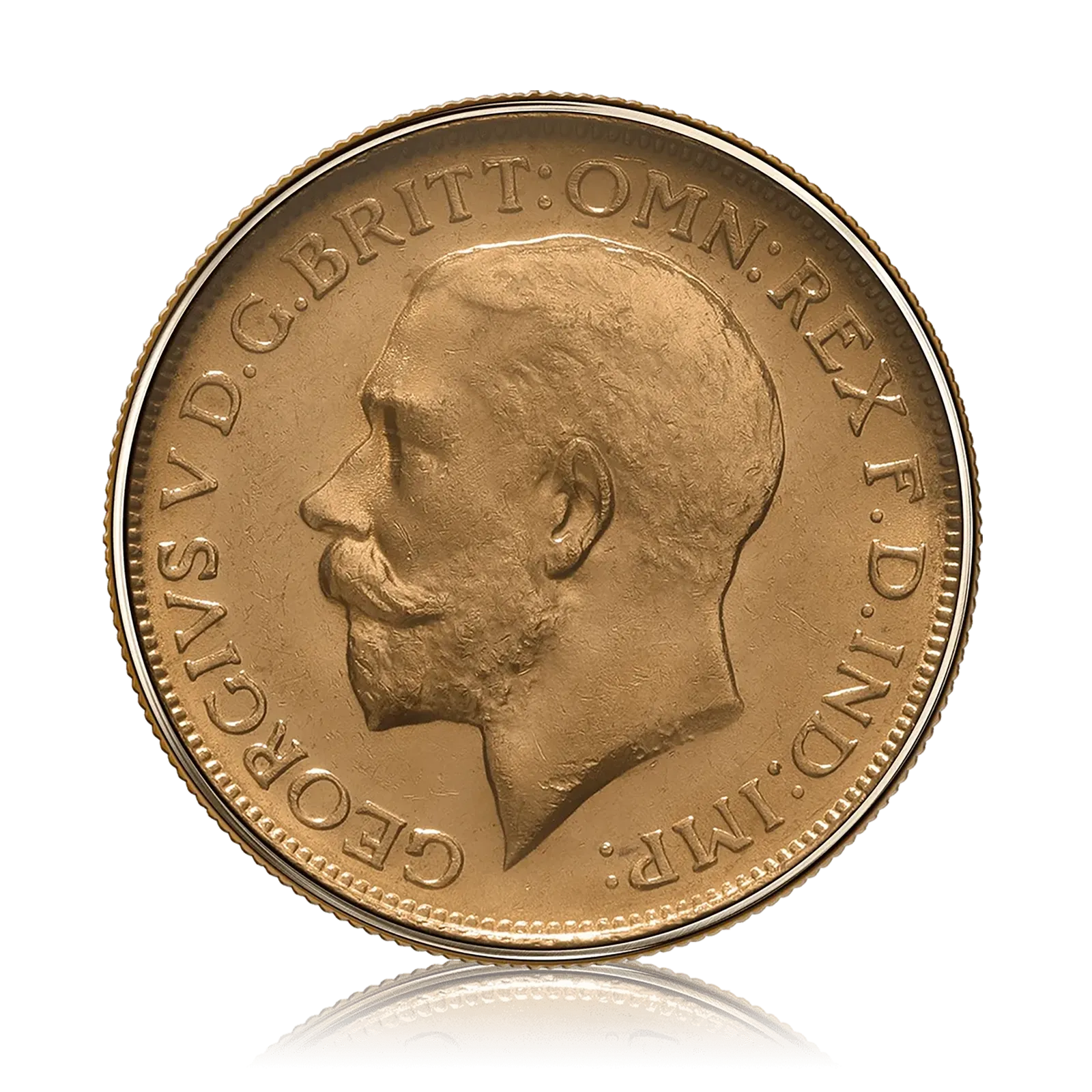
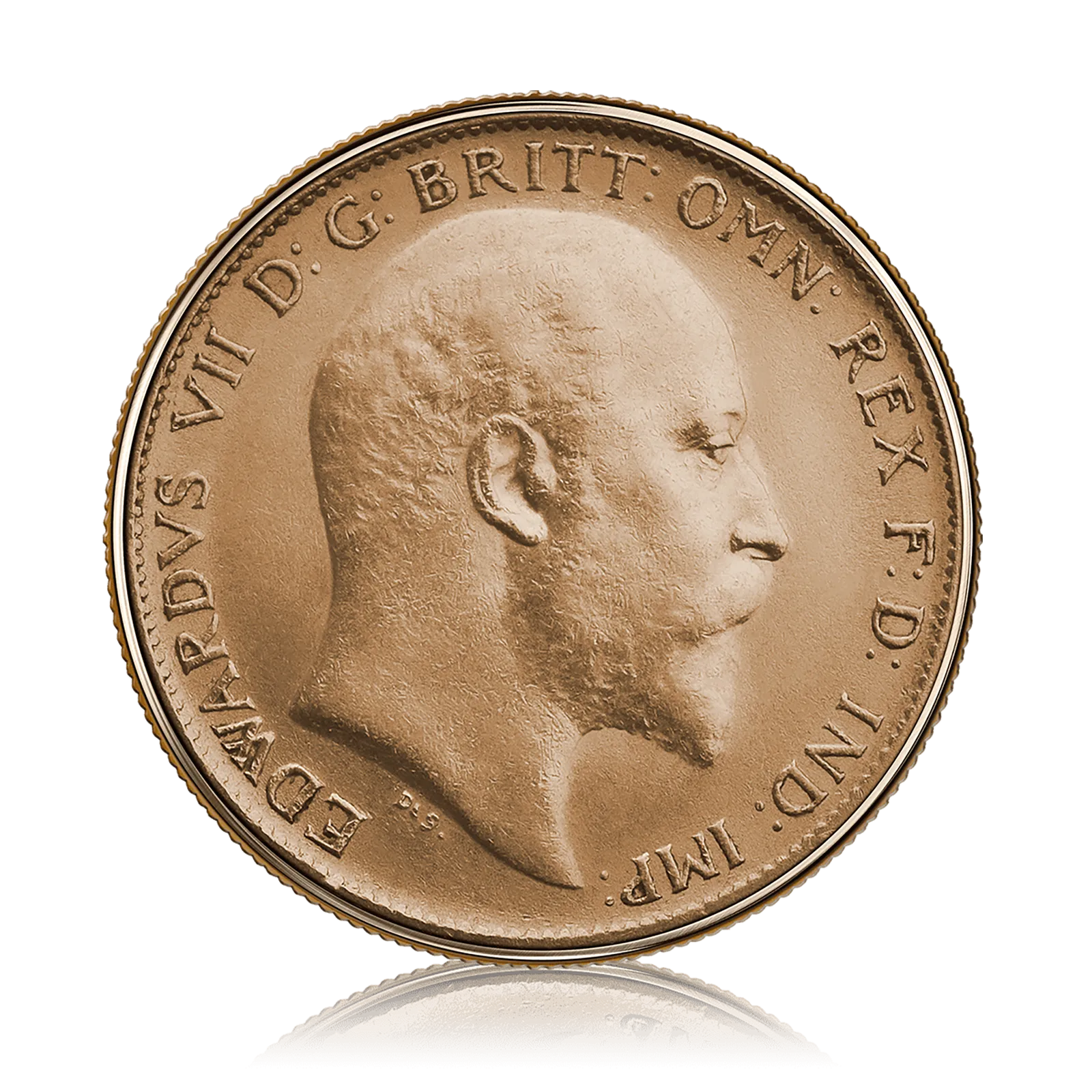
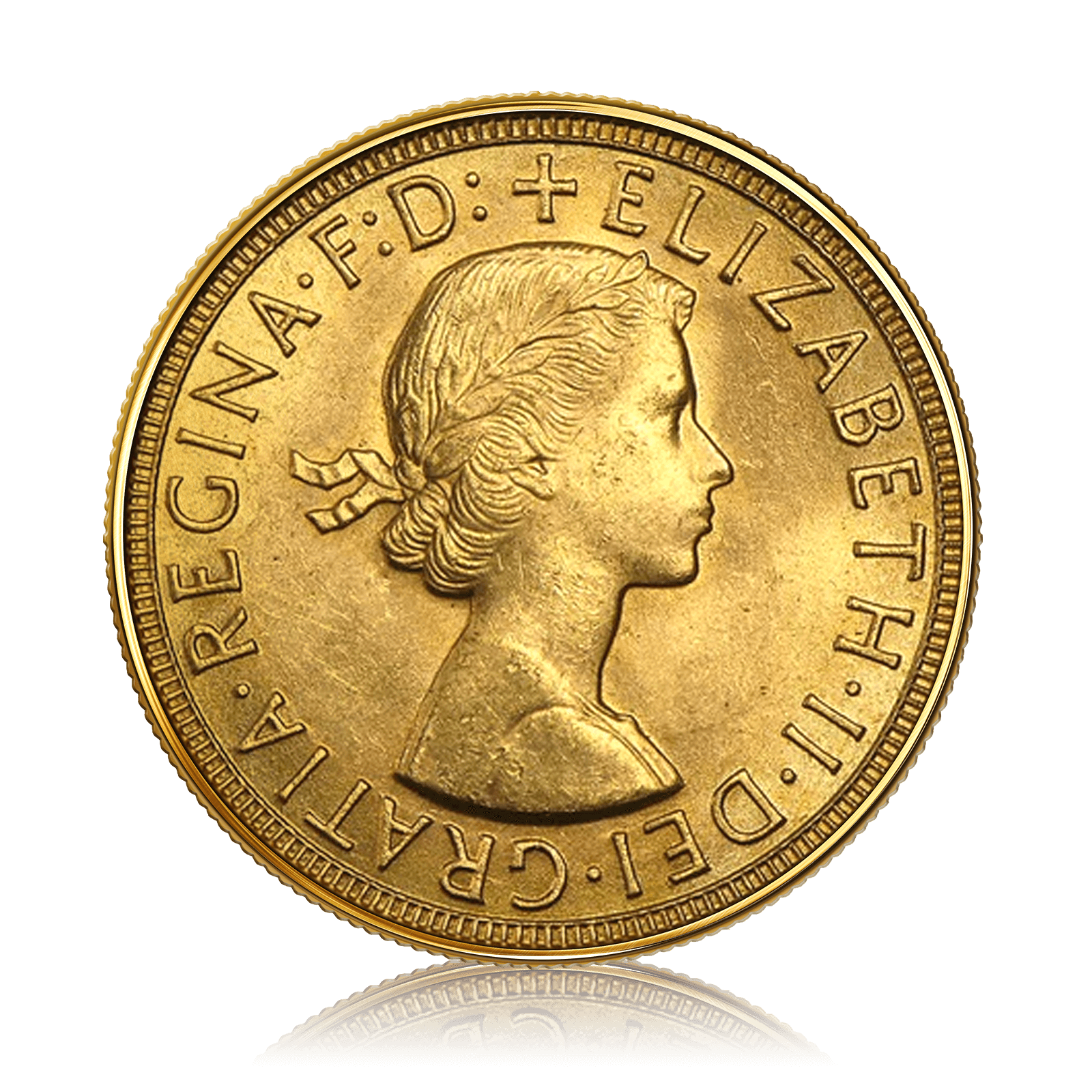
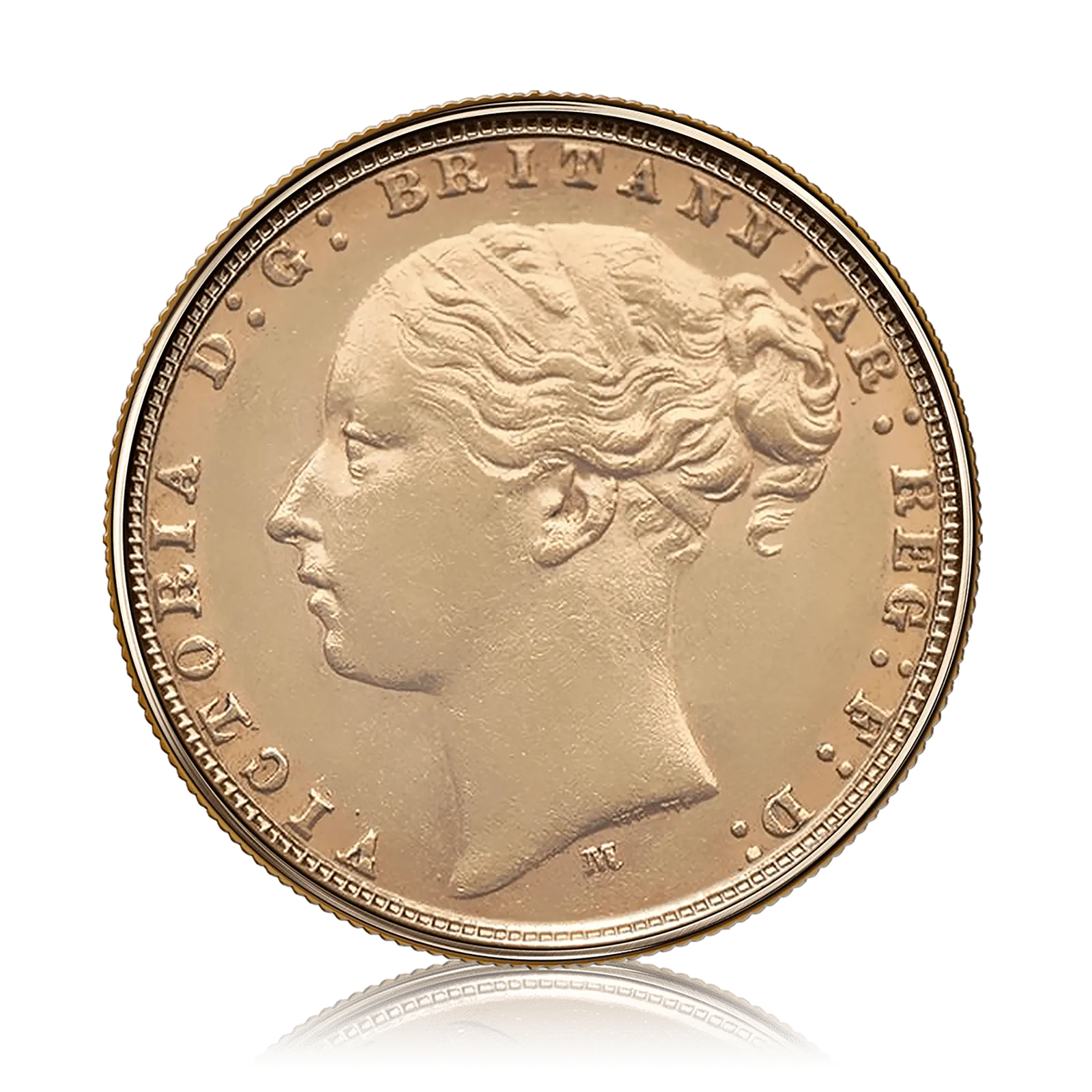
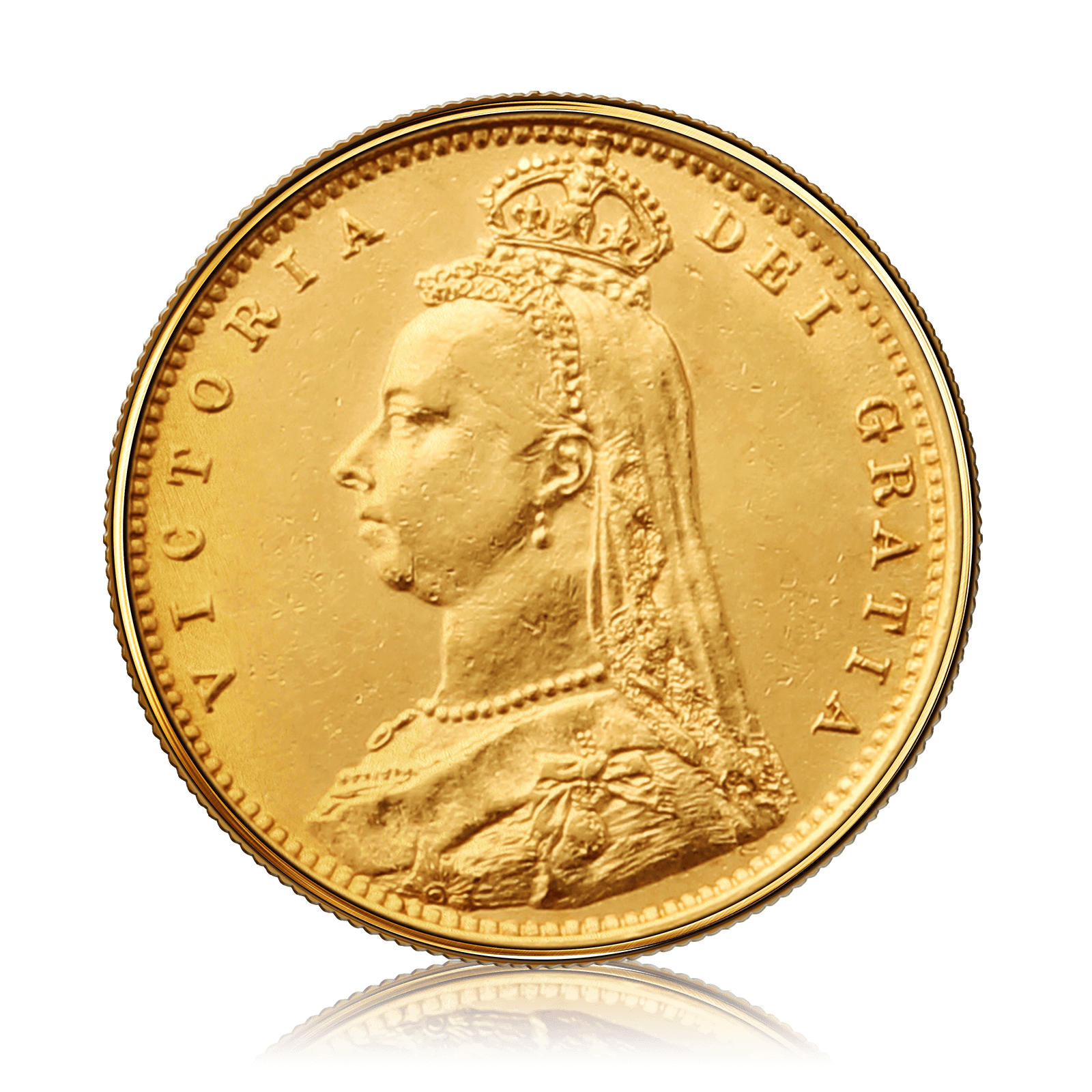
 Out Of Stock
Out Of Stock